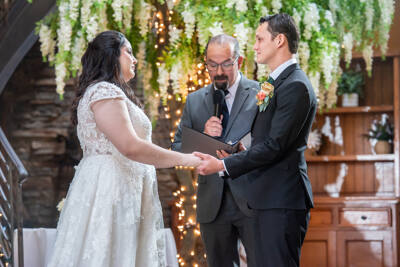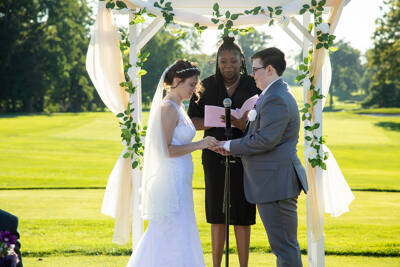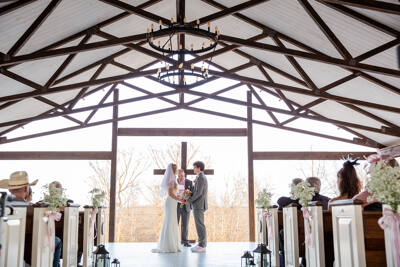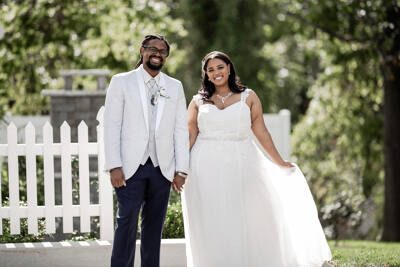
10 Tips for Planning a Wedding on a Budget
Plenty of people dream of having the most beautiful, elaborate wedding their budget will allow. But what if you’re trying to plan your wedding on a budget? Don’t worry—you can still make your wedding day truly special without spending thousands of dollars or stressing yourself out too much about planning every last detail! Here are ten tips for planning your wedding on a budget that will save you time and money without sacrificing quality or making it seem like you didn’t put any effort into it at all.
1) Stay Organized
The best way to stick to your budget is by staying organized. You can do that by building a spreadsheet or other form of organization. Make a copy of your engagement ring receipt and keep it in a special folder so you always know where it is, and if anything happens to it, you’ll have backups. The same goes for any vendors you hire—keep their information in one place so you don’t lose track of them or forget about contracts or deposits.
2) Start Early
One of the most important things to remember about planning your wedding is to start early. This may seem obvious, but you’d be surprised how many people leave their planning until just weeks before their big day. I’m not saying you need to sit down and get every little detail ironed out 6 months in advance or anything like that, but if there are details that require your input (venue, caterer), you want to give yourself plenty of time.
3) Decide What’s Important to You
Weddings are expensive, especially when you factor in all of those beautiful details. If you’re looking to keep costs down but still want to enjoy your day, start by deciding what’s important to you and what you can cut back on or do without. For example, if floral centerpieces aren’t a priority for you, skip them.
4) Use Free Apps
Don’t be afraid to cut corners, but try to do so in creative ways. Think outside of traditional wedding-planning channels and explore low-cost alternatives.
5) Get Creative
If you want to cut costs without cutting corners, it’s time to get creative. For example, design and print your own invitations. It doesn’t have to be fancy or expensive; just find an invitation that has a layout you like and use your printer and paper stock at home.
6) Set Realistic Expectations
Do yourself (and your wallet) a favor and set realistic expectations. It’s easy to be swept up in excitement when planning your wedding, but remember that you won’t be celebrating with 150 people or throwing petals off of balconies every day.
7) Consider DIY Options
Making sure you have enough money to pay for your wedding is one of the most important parts of planning. Although prices can vary widely depending on where you get married, estimates put average wedding costs at about $30,000. So make sure to think about what you’ll need in terms of cost and time before making any decisions.
8) Think About Money Management
When planning a wedding, money is one of those topics that often comes up. If you’re trying to keep costs down, it’s important to think about money management from the very beginning. Money issues won’t just ruin your big day, they can also lead to relationship problems down the road. Instead of getting into debt or compromising happiness on your big day, take these tips into consideration as you plan.
9) Hold Off on Invitations
One of the most expensive aspects of any wedding is invitations. If you’re planning on inviting more than 150 people, you’ll have to pay around $3 per invitation. While that might not seem like much, that figure adds up quickly if you need several hundred or even thousand cards. Thankfully, there are plenty of alternative ways to invite guests. These include e-vites, personal e-mails and texts, phone calls and Facebook events.
10) Create Realistic Budgets
Once you’ve developed a rough vision of what you want your wedding to look like, begin creating budgets. Make sure to allocate specific amounts of money for everything from catering and flowers to music and rentals. This way, you’ll be able to anticipate how much you can spend on each aspect of your wedding—and budget accordingly. Keep in mind that every wedding is different; if yours is particularly elaborate or extravagant, allocating more money will be necessary.













